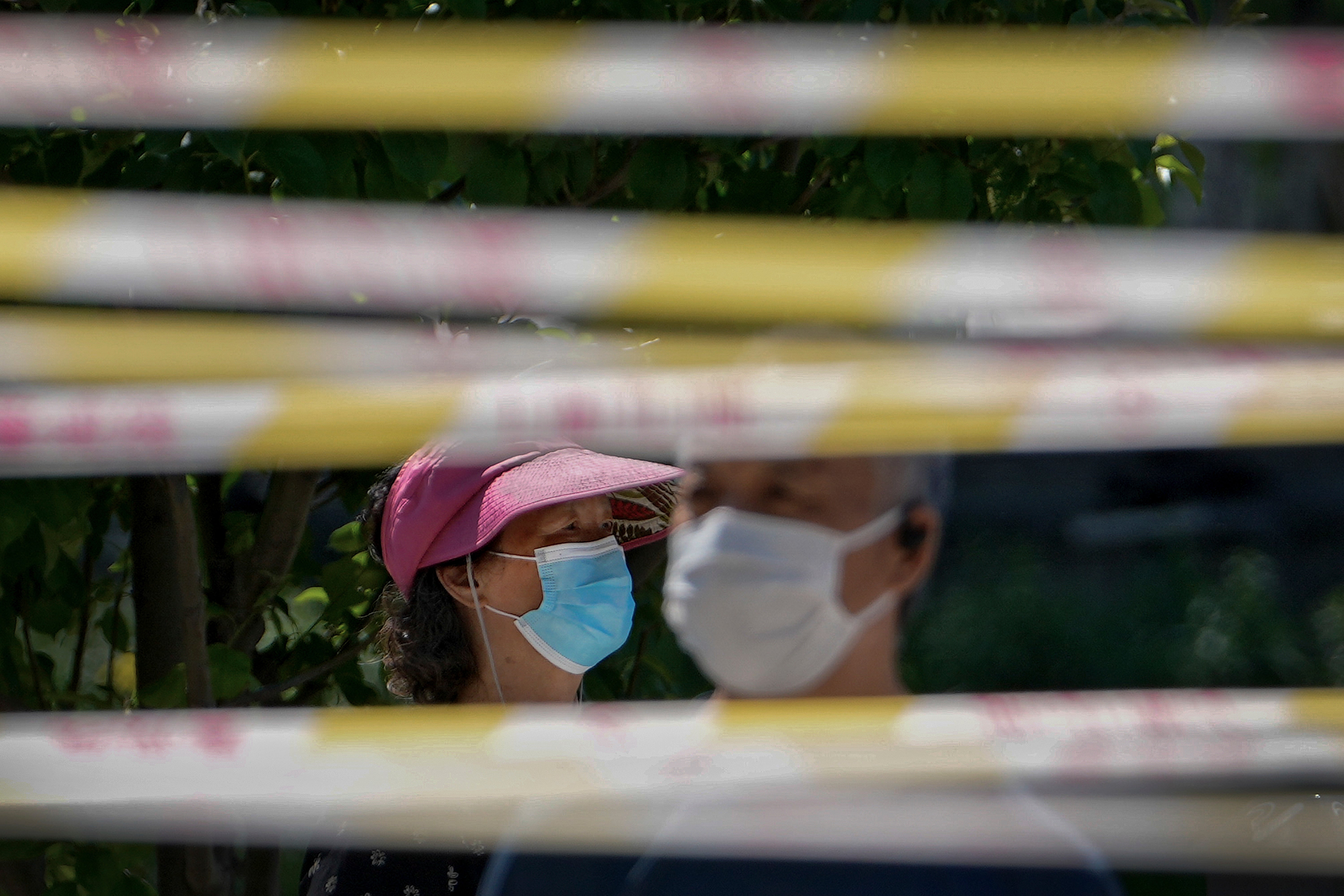WHO asks China for more information about rise in illnesses and pneumonia clusters
The World Health Organization says it has made an official request to China for information about a potentially worrying spike in respiratory illnesses and clusters of pneumonia in children

The World Health Organization says it has made an official request to China for information about a potentially worrying spike in respiratory illnesses and clusters of pneumonia in children.
The U.N. health agency cited unspecified media reports and a global infectious disease monitoring service as reporting clusters of undiagnosed pneumonia in children in northern China. In a statement late Wednesday, WHO said it was unclear whether those were linked to a rise in respiratory infections reported by Chinese authorities.
Outside scientists said the situation warranted close monitoring, but were not convinced that the recent spike in respiratory illnesses in China signaled the start of a new global outbreak.
The emergence of new diseases, particularly new flu strains or other viruses capable of triggering pandemics, typically starts with undiagnosed clusters of respiratory illness. Both SARS and COVID-19 were first reported as unusual types of pneumonia.
WHO noted that authorities at China’s National Health Commission on Nov. 13 reported an increase in respiratory diseases, which they said was due to the lifting of COVID-19 lockdown restrictions. Other countries also saw a jump in respiratory diseases such as respiratory syncytial virus, or RSV, when pandemic restrictions ended.
WHO said media reports about a week later reported clusters of undiagnosed pneumonia in children in northern China.
“It is unclear if these are associated with the overall increase in respiratory infections previously reported by Chinese authorities, or separate events,” WHO said, adding that it had requested more details from China about currently circulating viruses and any increased burden on hospitals, via an international legal mechanism.
Dr. David Heymann of the London School of Hygiene and Tropical Medicine said there was a likely background of seasonal respiratory infections.
“The challenge is to discern the outbreaks and determine the cause,” Heymann said in a statement, adding that genetic sequencing and isolating cases would be critical. He led WHO’s response to the 2002-2003 SARS outbreak.
Francois Balloux of University College London said the current wave of disease in China was likely due to respiratory illnesses like flu, RSV or a bacterial infection.
He said China was probably experiencing a significant wave of childhood infections since this was the first winter since lockdown restrictions were lifted, which likely reduced children's immunity to common bugs.
“Unless new evidence emerges, there is no reason to suspect the emergence of a novel pathogen,” Balloux said.
WHO said that northern China has reported a jump in influenza-like illnesses since mid-October compared to the previous three years. It is rare for the U.N. health agency to publicly ask for more detailed information from countries, as such requests are typically made internally.
After SARS broke out in southern China in 2002, Beijing officials told doctors to hide patients, with some being driven around in ambulances while WHO scientists were visiting the country. That prompted WHO to threaten to close its office in China.
Nearly two decades later, China stalled on sharing critical details about the coronavirus with the U.N. health agency after the new virus emerged in late 2019. WHO publicly applauded China's commitment to stopping the virus — weeks before it started causing explosive epidemics worldwide.
“While WHO seeks this additional information, we recommend that people in China follow measures to reduce the risk of respiratory illness,” the agency said, advising people to get vaccinated, isolate if they are feeling ill, wear masks if necessary and get medical care as needed.
___
Cheng reported from London.
Subscribe to Independent Premium to bookmark this article
Want to bookmark your favourite articles and stories to read or reference later? Start your Independent Premium subscription today.
